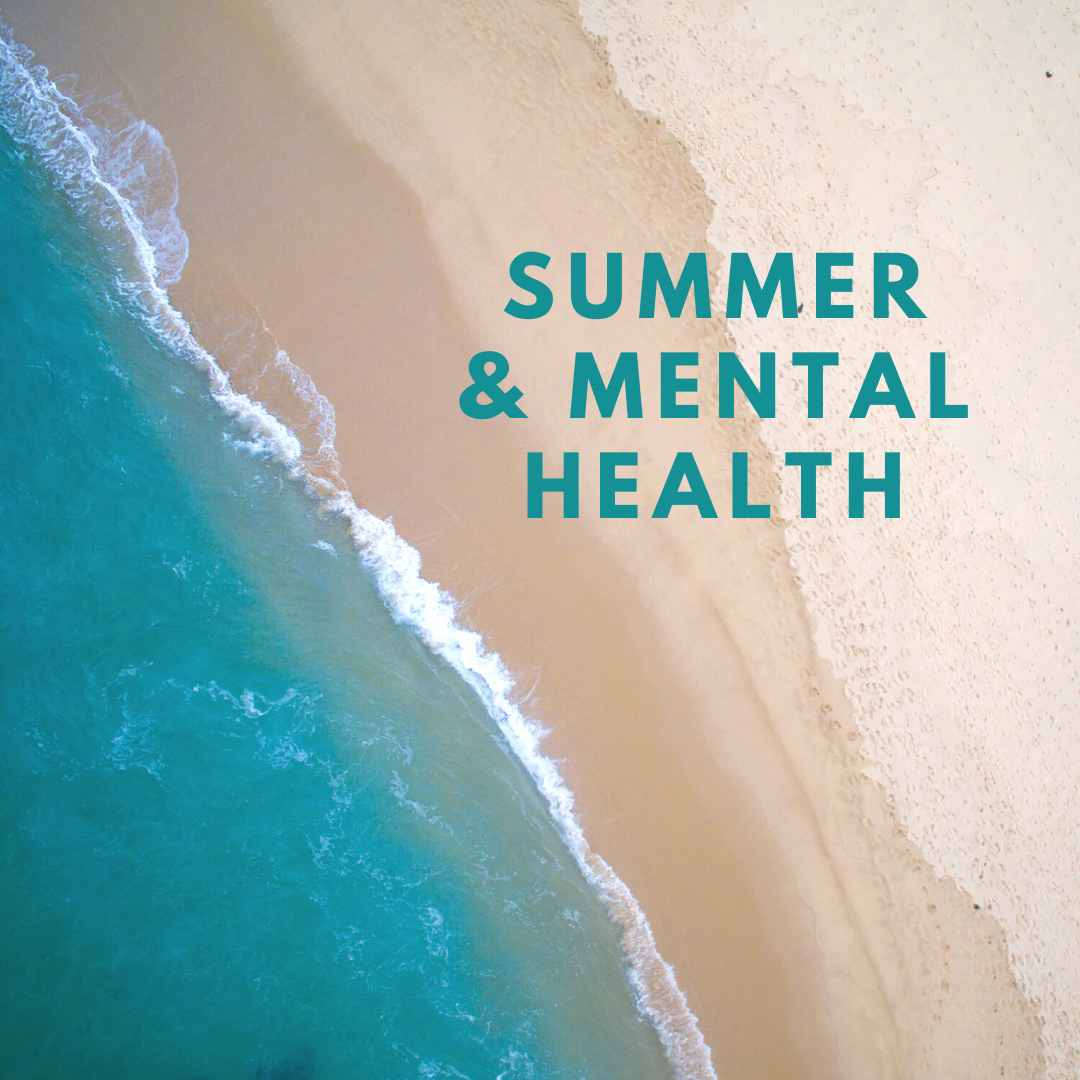“You’ve got to be kidding” is a common response from women when I talk to them about resting. Even young women who’ve never lived independently often do not understand real rest. It isn’t about sleep. It’s about being calm, fully present, and awake to your life. Entire books have been written about women doing too much. We multitask madly, worry about everything, feel guilty about everything, and take care of everybody else better than we do ourselves. These are generalities, but they’re also realities for many women. I’ve seen it more times than I can count over my decades of psychiatric practice. Full time job, full time mothering, partnering, homemaking, and a dozen other things equals one worn out woman with zero sense of herself. Know ye this: Taking care of yourself is not selfish!
True rest is hard to come by in our world of overstimulation and excess. When we have three seconds, we grab our phones to answer an email or send a text. Our days go by faster and faster as we stuff them ever fuller. Sometimes we stay busy to avoid pain—the busy defense. As in, “I’m not anxious. I’m too busy to be anxious.” Or, “I’m not sad. I have too much to do.” Or, “I can’t be depressed. Look how much I get done.”
Physical hunger, emotional hunger, intellectual hunger (boredom), relational hunger (loneliness), and spiritual hunger leave us empty. When we feel empty, we try to fill the hole with an endless, meaningless stream of stuff—drugs, alcohol, food, control over food, perfection, sex, money, relationships, clothes…. None of it covers the emptiness of not living mindfully from our real selves….
Body, mind, and spirit need rest to function. Choose one rest day per week and practice resting. Yes, I’m serious. Don’t read, don’t sleep, don’t listen to music, don’t talk or text or answer the phone. Put the phone in the other room and turn it off if that’s what it takes. The point is to do nothing. Set a timer for 20 minutes so you don’t clock-watch. Sit in a pleasant, quiet place—preferably outside or near a window. Lift your eyes up and out toward the bigger world. Without judging, notice small details—sky, birds, trees, scents, sounds—whatever is there. Just notice. Don’t do anything about it, with it, or to it. When the timer goes off, sit quietly as long as you need and take that peace and quiet with you through your day.
**Excerpted from “90 Ways in 90 Days: A Personal Workshop for Women with Disordered Eating” by Deborah V. Gross, MD. Now available on Amazon.
Dr. Deborah Gross is licensed to practice psychiatry in all of Pathway Healthcare office locations (Alabama, Mississippi, Tennessee and Texas). She treats men and women.






